Puppy peeing on wood floors - is it my floor cleaner?
freezetag
15 years ago
Featured Answer
Sort by:Oldest
Comments (12)
debd18
15 years agolast modified: 9 years agomazer415
15 years agolast modified: 9 years agoRelated Professionals
Providence Architects & Building Designers · Saint James Architects & Building Designers · Vancouver Architects & Building Designers · Dallas Furniture & Accessories · Ventura Furniture & Accessories · Adelanto Furniture & Accessories · Eureka Cabinets & Cabinetry · Mount Holly Cabinets & Cabinetry · University City Flooring Contractors · Elmhurst Flooring Contractors · Gaffney Flooring Contractors · North Tustin Flooring Contractors · Oceanside Flooring Contractors · Old Bridge Flooring Contractors · Pasadena Flooring Contractorsfreezetag
15 years agolast modified: 9 years agospiritual_gardner
15 years agolast modified: 9 years agofreezetag
15 years agolast modified: 9 years agodebd18
15 years agolast modified: 9 years agoeandhl
15 years agolast modified: 9 years agomazer415
15 years agolast modified: 9 years agospiritual_gardner
15 years agolast modified: 9 years agomaggie2
15 years agolast modified: 9 years agomoying12
11 years agolast modified: 9 years ago
Related Stories
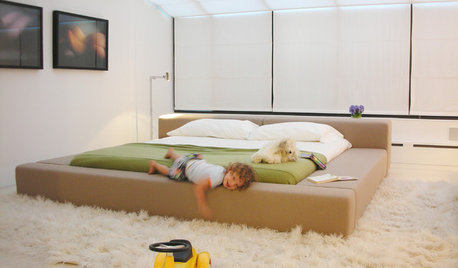
HOUSEKEEPINGEasy Green: Steam Cleaners for a Chemical-Free Sparkle
Deep clean and sanitize by harnessing high-temperature water for floors, curtains and clothes as immaculate as they are healthy
Full Story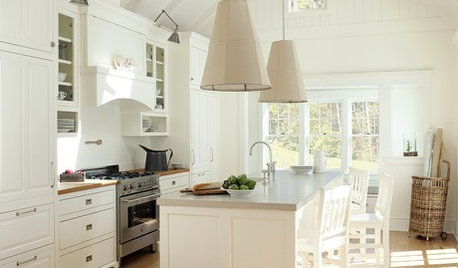
HEALTHY HOMEGet Cleaner Indoor Air Without Opening a Window
Mechanical ventilation can actually be better for your home than the natural kind. Find out the whys and hows here
Full Story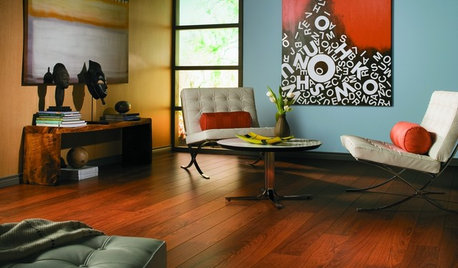
REMODELING GUIDESLaminate Floors: Get the Look of Wood (and More) for Less
See what goes into laminate flooring and why you just might want to choose it
Full Story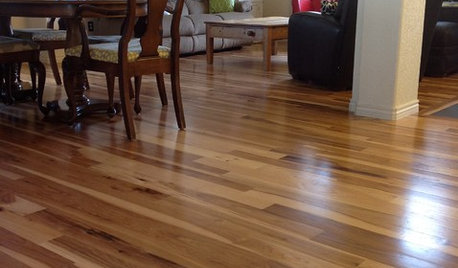
MATERIALSWhat to Ask Before Choosing a Hardwood Floor
We give you the details on cost, installation, wood varieties and more to help you pick the right hardwood flooring
Full Story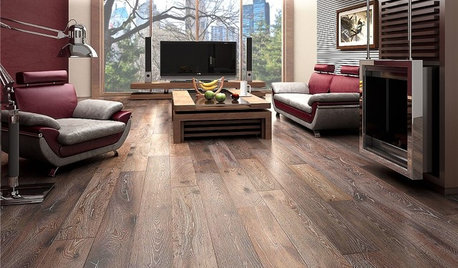
REMODELING GUIDESWhen to Use Engineered Wood Floors
See why an engineered wood floor could be your best choice (and no one will know but you)
Full Story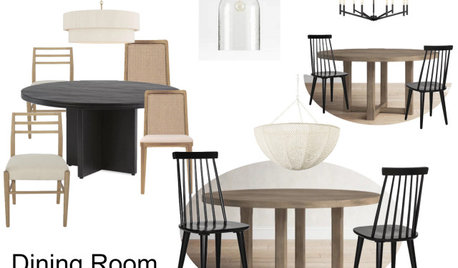
REMODELING GUIDESWood Floor Care: Polish Your Skills
Help your wood floors stay gorgeous by learning how to keep stains, dullness and warping at bay
Full Story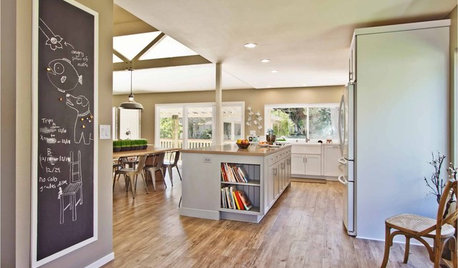
FLOORSWhat's the Right Wood Floor Installation for You?
Straight, diagonal, chevron, parquet and more. See which floor design is best for your space
Full Story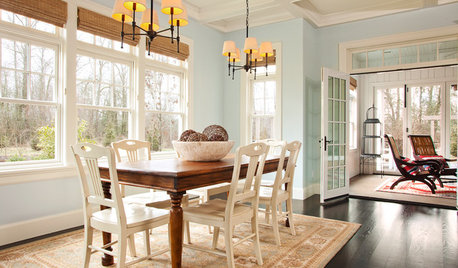
DECORATING GUIDESWhat Goes With Dark Wood Floors?
Avoid a too-heavy look or losing your furniture in a sea of darkness with these ideas for decor pairings
Full Story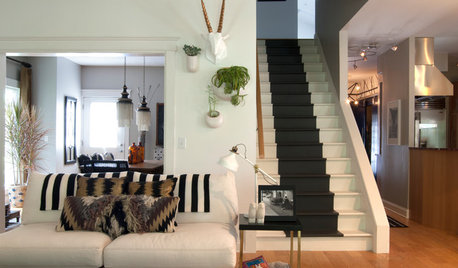
STAIRWAYSThe Upstairs-Downstairs Connection: Picking the Right Stair Treatment
Carpeting, runner or bare wood? Check out these ideas for matching your staircase floor treatment to upstairs and downstairs flooring
Full Story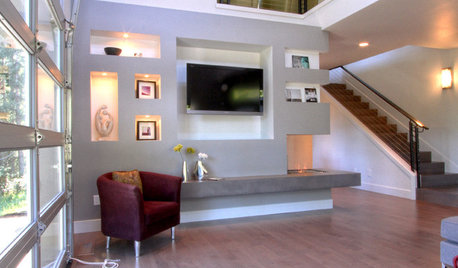
REMODELING GUIDESContractor Tips: Smooth Moves for Hardwood Floors
Dreaming of gorgeous, natural wood floors? Consider these professional pointers before you lay the first plank
Full Story





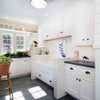

scryn